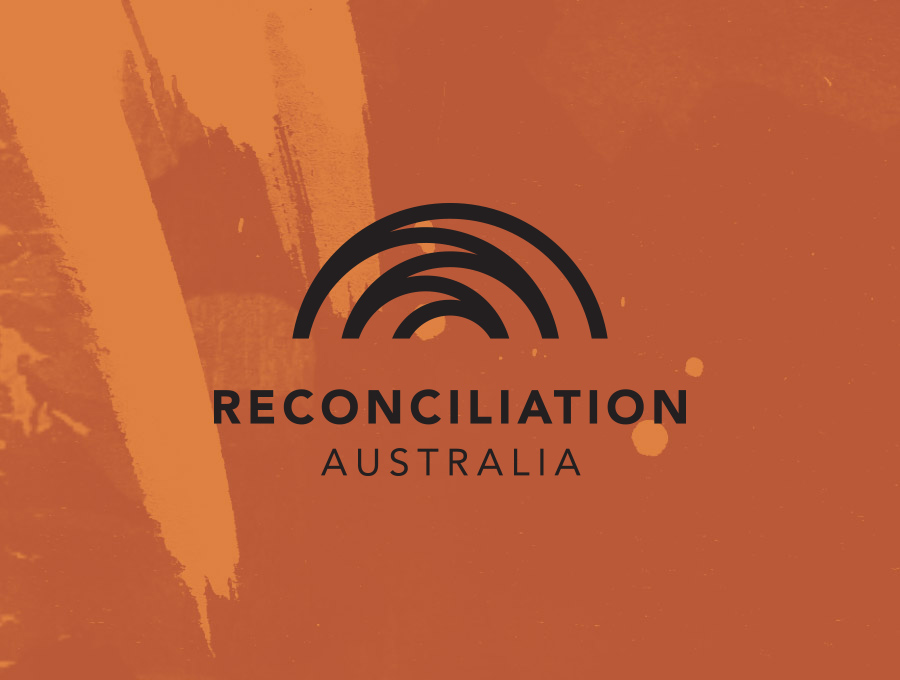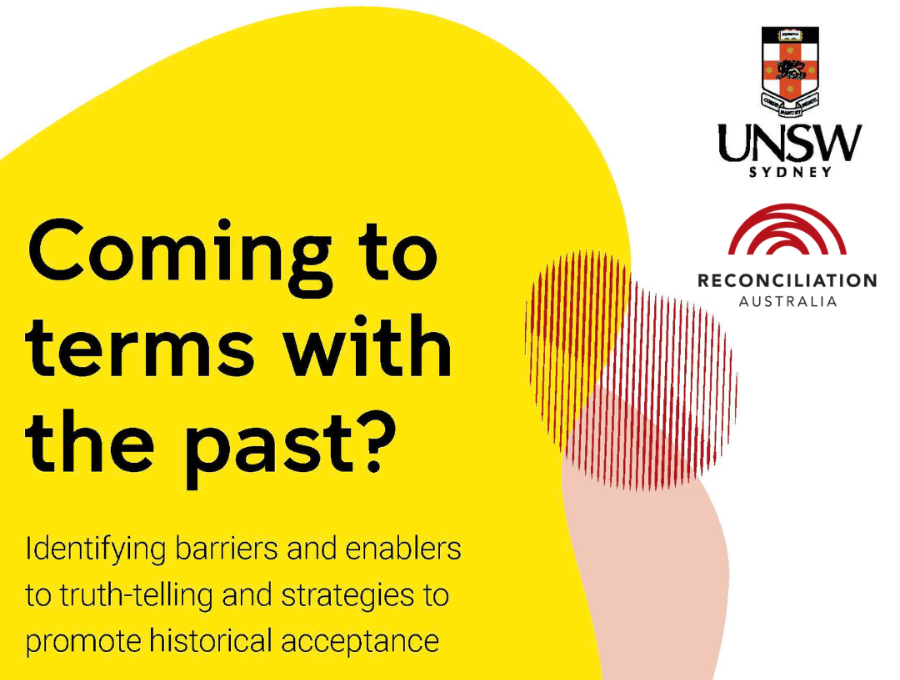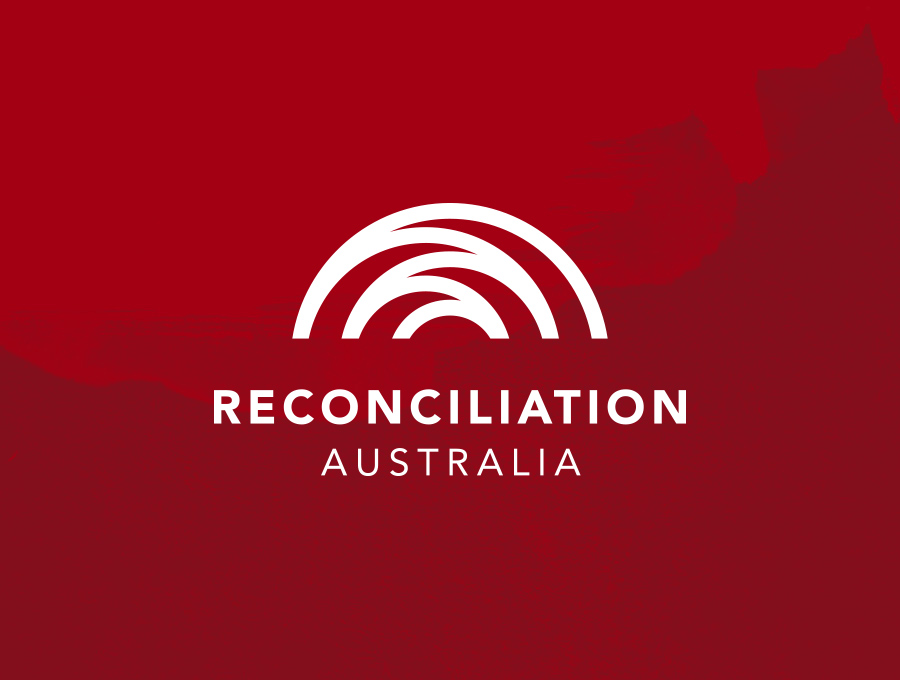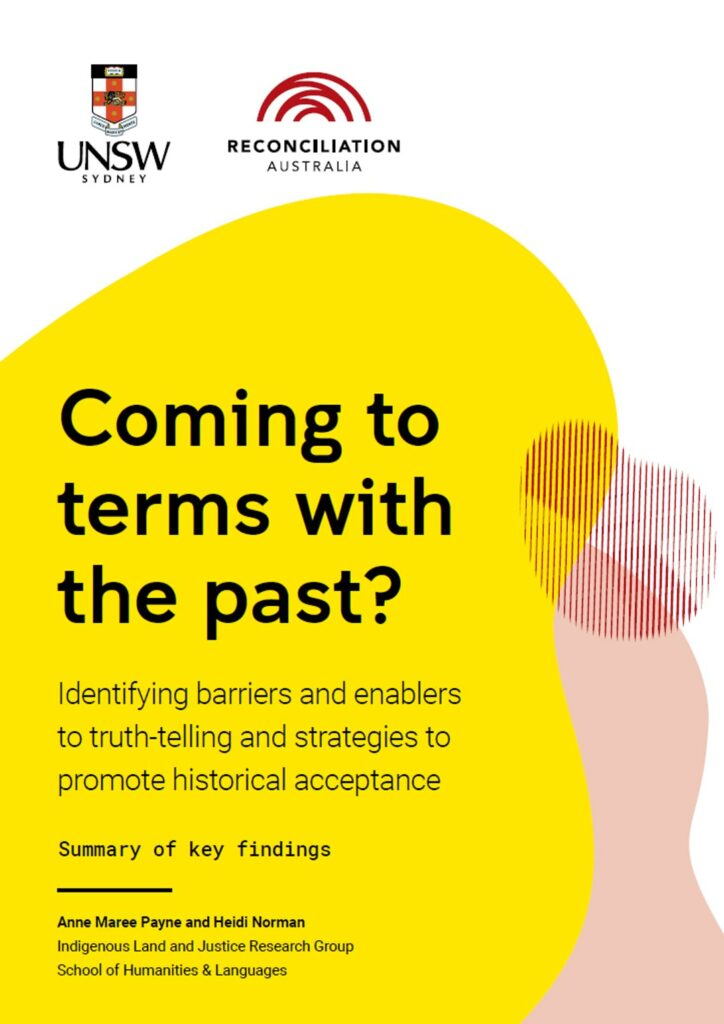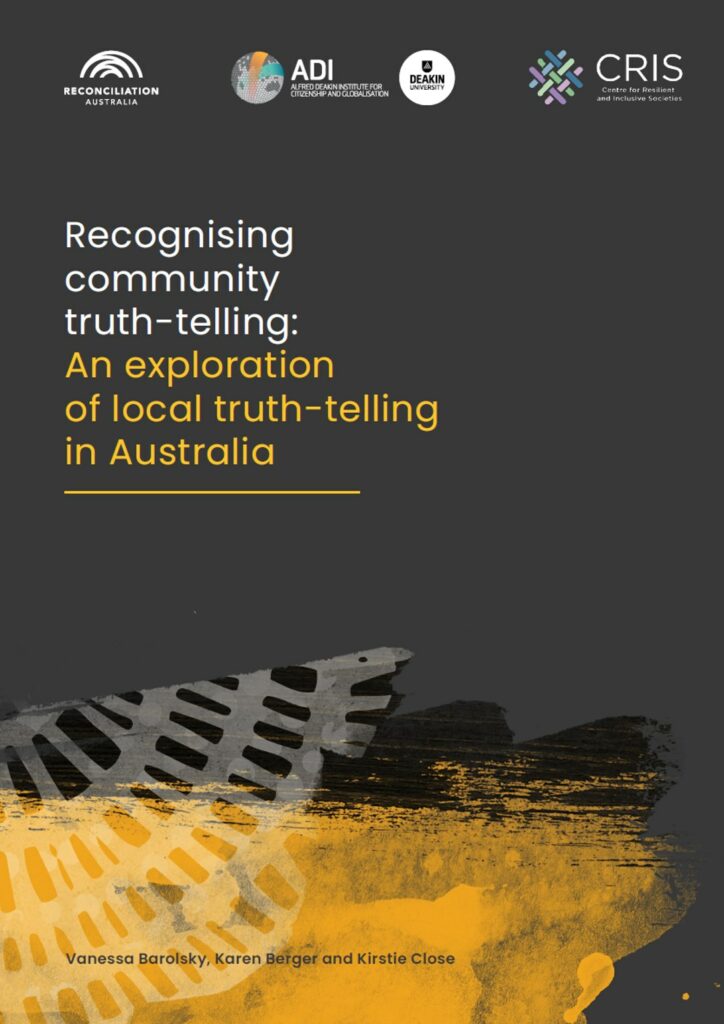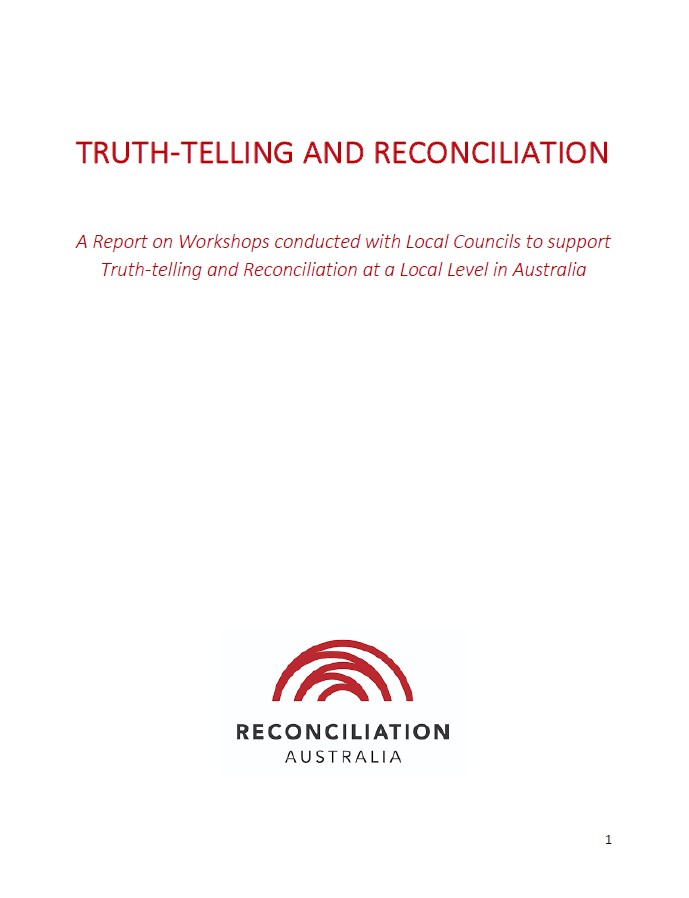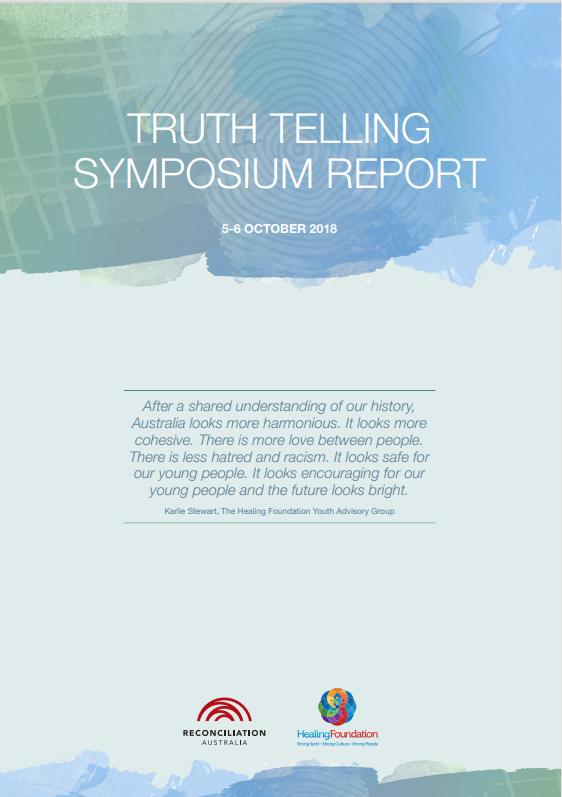Aboriginal and Torres Strait Islander Peoples have long called for a comprehensive process of truth-telling about Australia’s history.
Truth-telling has been central to reconciliation since the Council for Aboriginal Reconciliation began its work 30 years ago. As the Australian Declaration Towards Reconciliation made clear:
Our nation must have the courage to own the truth, to heal the wounds of its past so that we can move on together at peace with ourselves.
What is truth-telling?
Truth-telling can involve activities at local, state, national, and international levels. For example: official apologies, truth and reconciliation or other inquiries and commissions, memorials, ceremonies and public art. It can happen in community halls and churches; in museums, cultural or educational healing centres and institutions; local councils; and in schools, TAFEs and universities.
Local truth-telling is particularly powerful, especially when it occurs in small communities where people are able to develop personal relationships through the process, or build respect and understanding.
Local truth-telling
More and more local communities are working together to mark previously untold and unrecognised parts of their local histories.
This has resulted not only in an increase in researching and documenting of wars and massacres, but also in recognising Aboriginal and Torres Strait Islander sovereignty, contributions, and resilience, and actively recognising redress and healing.
The renaming of places has also grown as a means of truth-telling; museums and cultural centres are thinking about how to better take account of our shared Australian history.
A well-known example that highlights the under-told aspects of our history is the Myall Creek Massacre Memorial, which saw local community members work alongside descendants of massacre survivors – as well as descendants of the perpetrators of the massacre – in an act of reconciliation and as an acknowledgement of the truth of the shared history of frontier violence.
An annual commemorative service is now held every year at the memorial which was built in 2000.
The report from the Royal Commission into Aboriginal Deaths in Custody, the Bringing Them Home report, the Council for Aboriginal Reconciliation’s final report, and the Referendum Council’s final report all mark significant steps in understanding the effects of colonisation, dispossession, forced removal, and trauma on Aboriginal and Torres Strait Islander peoples, as well as understanding their remarkable resilience.
More recently, the Uluru Statement from the Heart called for a Makarrata Commission. Makarrata is a Yolgnu word meaning the coming together after a struggle. It captures Aboriginal and Torres Strait Islander aspirations for ‘a fair and truthful relationship with the people of Australia…based on justice and self-determination.’
All of these reports share a common message that there is a need to understand the truths of the past to avoid repeating the wrongs of the past today.
Truth-telling and reconciliation: Historical Acceptance
Historical Acceptance is key to reconciliation in Australia. Historical acceptance means that Australians recognise, understand, and accept the wrongs of the past and the impact of these wrongs on First Peoples.
In the 2016 State of Reconciliation in Australia Report, Reconciliation Australia highlighted historical acceptance as one of the five interrelated dimensions that must be fulfilled in order for reconciliation to occur.
Historical acceptance cannot occur without truth-telling.
Truth-telling together
Unified in a call for more to be done to support healing and truth-telling, Reconciliation Australia and The Healing Foundation collaborated on a Truth-Telling Symposium in 2018.
The Symposium explored the importance of truth-telling, the truths that need to be told, different truth telling practices that might be applicable to Australia, and guiding principles for future truth-telling processes. Read more in the Symposium’s final report.
Extra workshops in 2019 with local councils in NSW, South Australia and Western Australia further showed many communities are keen for truth-telling. Read the local councils truth-telling report.
Reconciliation Australia is continuing to work with The Healing Foundation to progress truth-telling, particularly at a community level.

